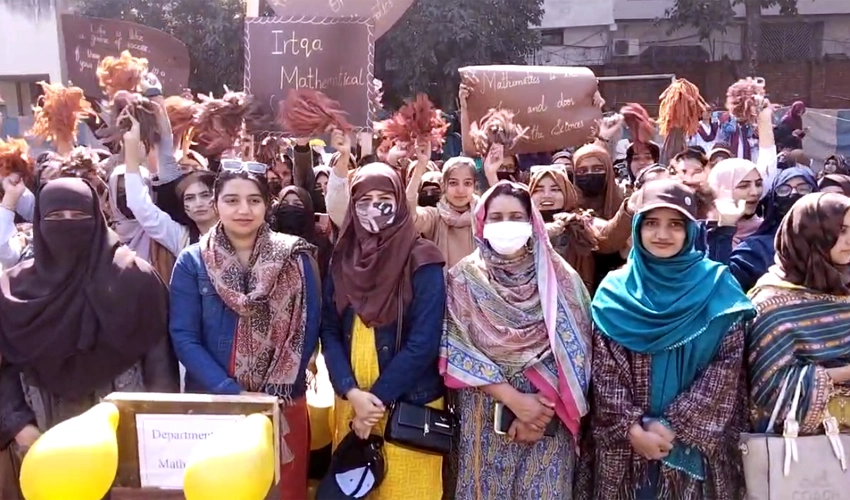International Women’s Day marked across world including Pakistan

ISLAMABAD (APP) - On the International Women’s Day, the global community comes together to recognize the achievements of women and advocate for gender equality.
In 2024, the United Nations' theme is 'Invest in Women: Accelerate Progress,' underscores the necessity of empowering women worldwide. In Pakistan, women have played a key role in several important departments, including the judiciary, security and education sectors. Fatima Jinnah, Begum Shahnawaz, Begum Ra'ana Liaquat Ali Khan and Benazir Bhutto are a role model for other women.
Maryam Nawaz has been elected as the first female chief minister of a province in the country.
According to Kashmir Media Service, in Indian Illegally Occupied Jammu and Kashmir (IIOJ&K) the observance of International Women’s Day takes on a solemn tone, eclipsed by the harsh realities of conflict and occupation. For the women of this region, March 8 serves as a poignant reminder of their ongoing struggles rather than a cause for celebration.
In IIOJ&K, women have borne the brunt of the Indian occupation, emerging as both direct and indirect victims of state-sponsored violence. The loss of loved ones, including husbands, brothers and sons, has given rise to a unique category known as ‘half-widows’ women trapped in the abeyance of uncertainty about the fate of their missing husbands.
The region buzzed with whispered tales of societal hurdles of half widows after their partners went missing.
This plight is compounded by the psychological trauma of rape and sexual assault, where victims face both the initial abuse and subsequent condemnation by patriarchal norms. The multifaceted impact of the sexual assault on women is evident in psychological, emotional, economic and educational spheres.
The staggering numbers reveal the scale of this silent tragedy. IOK is home to between 2,000 and 2,500 half-widows, each bearing the weight of profound loss and unresolved grief. Compounding this sorrow, 6,000 orphans, the children of these half-widows, navigate the challenges of growing up in the aftermath of a conflict that has left them deeply scarred.
However, these figures are only the tip of the iceberg, with the true count believed to be much higher, obscured by the pervasive shroud of fear and uncertainty that engulfs the region.
This unique and tragic category has burgeoned, with their numbers swelling to over thousands in recent years. What sets these women apart is the excruciating pain and agony they endure, a burden that surpasses even that borne by other women whose loved ones have tragically fallen to the bullets of the Indian army.







